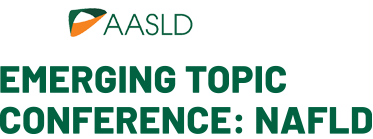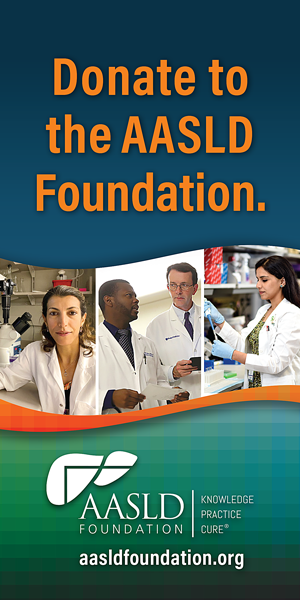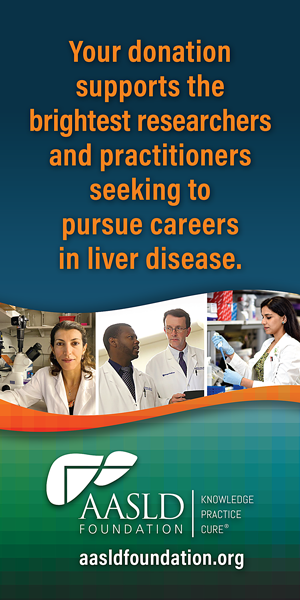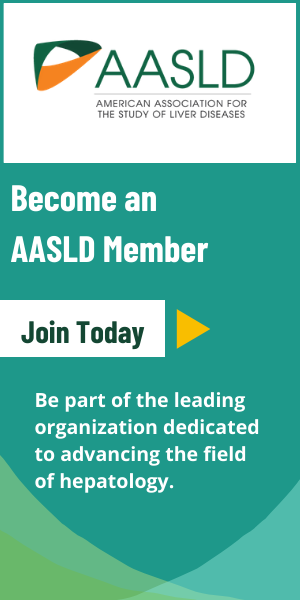
Agenda
Speakers
Posters
Overview
Cholestatic and non-alcoholic fatty liver diseases (NAFLD) differ in their origins but share multiple features in terms of disease progression (i.e inflammation, fibrosis and cirrhosis), pharmacological targets. The agenda has been designed to bring together liver scientists (translational researchers and clinical investigators) with strong expertise in cholestatic and/or fatty liver diseases. The goals of this symposium are to: i) allow both communities to learn about each other’s progresses, ii) review the most recent preclinical and clinical investigations in their respective field and, iii) promote the rapid emergence of novel and efficient therapeutic options.
Learning Objectives
Upon completion of this activity, learners will be able to:
- Increases understanding of non-alcoholic fatty liver disease (NAFLD) to be more efficient in identifying current or future management strategies for patients.
- Enhanced knowledge and understanding of NAFLD to be informed of the most recent basic discoveries in the field.
- Learners will improve their knowledge and understanding of NAFLD.
Target Audience
- Gastroenterologists
- Nurses
- Pharmacists
- Physician Assistants
- Surgeons
- Fellows/Trainees
- Basic Scientists
- Graduate Students
- Post-docs
- Patients Association
Disclosures of Conflicts of Interest
AASLD requires all individuals who are in a position to control the content of an educational activity to disclose all relevant financial relationships with any commercial entity producing, marketing, re-selling, or distributing health care goods or services consumed by, or used on, patients. Disclosures are collected prior to the start of the educational activity. Any potential conflicts of interest that exist are resolved prior to implementation of the activity. All disclosures are made available and communicated to the leaner prior the activity beginning.
Current Challenges in Clinical Management and Drug Development in NASH is supported by an unrestricted educational grant provided by Novo Nordisk.
| Access Date | Quiz Result | Score | Actions |
|---|
Please Login
Need Tech Support
Please use Google Chrome, Mozilla Firefox, or Safari as your browser to access this conference. Internet Explorer is NOT recommended.
For questions about the conference schedule or content, email education@aasld.org.






